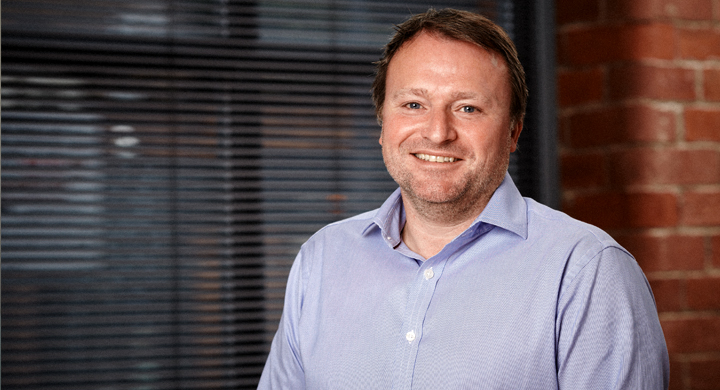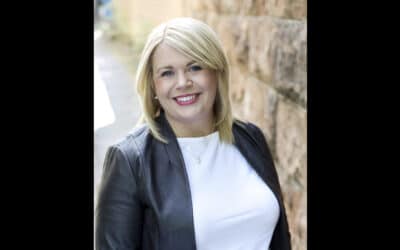Each Friday, Points North gives a senior media figure a platform to air their views on a topical or relevant issue.
This week it’s Julian Horberry, Planning Director at Propaganda. He reveals how resigning the majority of the Leeds agency’s clients was the best thing it ever did.
In recent years, many agencies will have felt the heat from their clients for better ways to demonstrate their worth and that magic phrase, return on investment. And it’s not just a hunch, overheard on the train to London or nattered about around the water cooler. It’s here and it’s real.
Public and private sector organisations have made no secret of their drive to cut costs and demand added value. Make no mistake, the creative, marketing and media industries are in the firing line.
But let’s get real: returns only come with a certain level of investment on both sides. If you get something for free, its value can usually be called into question. And in reality, most legitimate brands do understand that they can’t expect a brilliant idea for free. We often hear of some of the brightest minds in the sector calling for us to find the antidote to this ‘work for free’ virus.
But we also need to help ourselves. Endless pitching, giving away our best ideas and being on the receiving end of the ever-decreasing budget come renewal time, is unsustainable for any business.
Perhaps we’re in a relatively privileged position on this, as about a decade ago, we made the decision to say ‘enough is enough’. Resigning the substantial majority of our clients, at the time, may have seemed bonkers. But it was the shift in impetus we needed to become the first creative consultancy recognised by the Management Consultancies Association (MCA).
This allowed us to implement a paid-for planning process we developed, called Brand Discovery. Today, every new brief that comes into our agency comes via Discovery, and it has led to some extremely fulfilling and fruitful client relationships: Ann Summers and the recently floated Clipper Logistics, to name but two.
The fact that a high-profile retailer such as Ann Summers bought into our ethos was testament to the Brand Discovery process. Their market was changing beyond all recognition. Both their high-street and online offer was being eroded by an increasingly bold competitive set and the lowering inhibitions of a nation. Their business had spent decades trying to break down barriers and taboos, and all of a sudden, their efforts were being taken advantage of by everyone from M&S to Lovehoney. Therefore, it became vital to define their new role in a changing market.
Through an in-depth planning process, we established that Ann Summers’ customers were already feeling empowered. Therefore, the story needed to shift from empowerment to enhancement. Through a mix of bold creative and imaginative articulation, we were able to deliver a strategy that brought this new direction to market. The decline in footfall was arrested and because we delivered that strategic understanding to the business, we’ve helped them build a more sustainable model for the future.
Being MCA accredited has been a business decision we’ve stuck to, and it’s one that our clients understand. And this takes us back to what clients are looking for today: work that works. The point is, it’s time to forget excuses about recessionary pressures, and make sure we’re operating well in this brave new world, by demonstrating real value. As an industry, we have the license to lead, rather than follow.
The key thing to remember is that this reliance on insight isn’t just the preserve of big business. SMEs and start-ups, if anything, should pay more attention to their market space and customer potential. As we’ve seen through some of the brightest and best marketing campaigns around, it’s still very much possible (and I’d argue preferable) to out-think, rather than out-spend, the competition.
It’s not unreasonable for our clients to expect some demonstrable return in black and white. Measurement is a tricky subject, but not insurmountable, and this is where we all (agency and client side) need to be thinking about how brand and business are intrinsically intertwined. Brand has often been handed down the food chain of a business, left to fester in a corner. This is so blatantly wrong, it’s almost painful. Brand equity can be worth billions. In fact, some businesses, including FTSE 250 ones, are starting to count brand as a balance sheet asset.
As such, brand needs to be led from the top. Our ethos sees us work with business owners, and we all need to impress on the decision makers what brand value means to a business and its potential. When you have leading business figures such as Jacqueline Gold on board, that conversation becomes a much more fruitful one.












